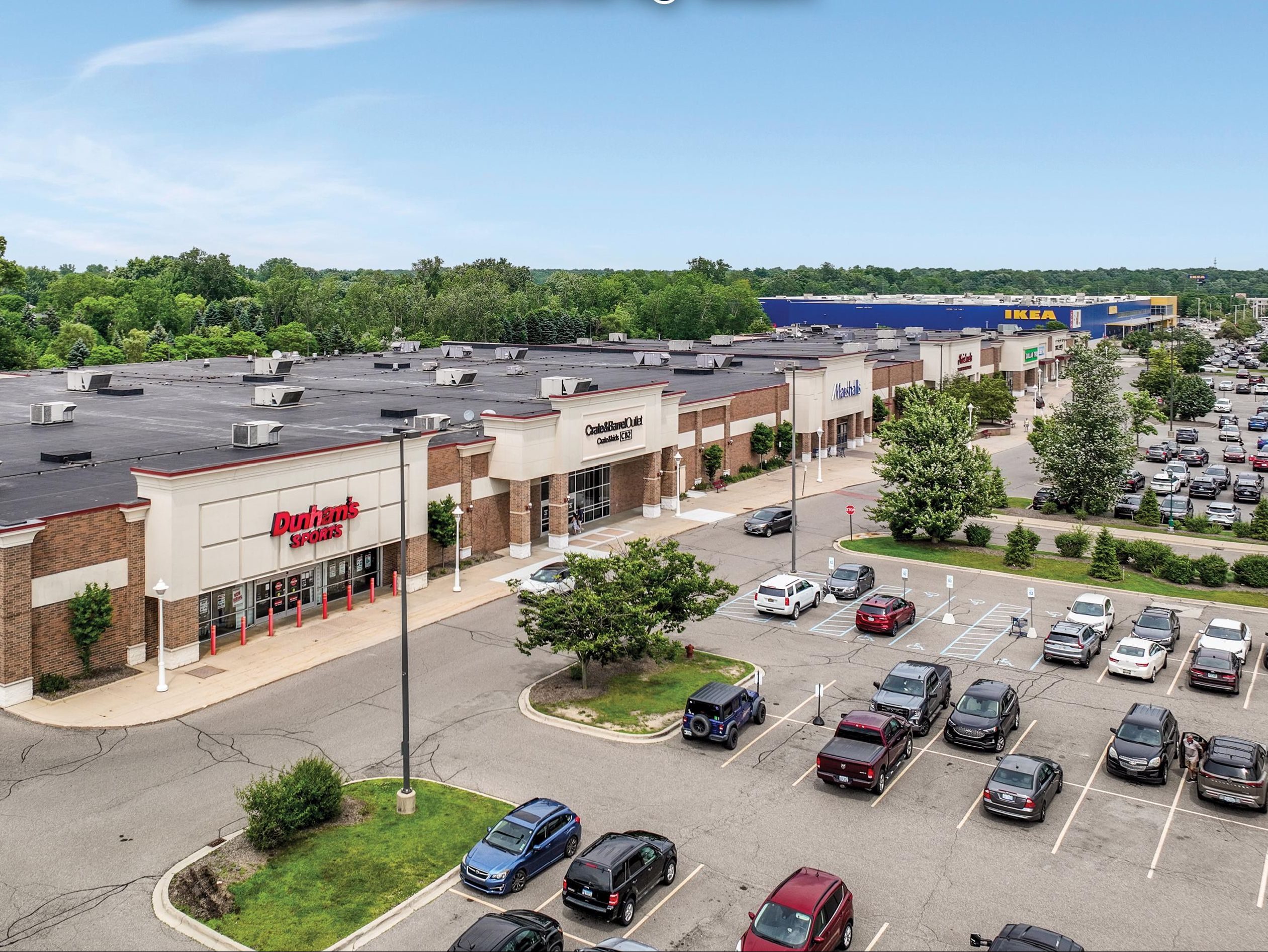How Coronavirus Is Impacting Office Leasing
Industry veterans share insights into what’s ahead and what professionals can do in the meantime.
As record numbers of Americans file for unemployment as a result of the U.S. economy’s shutdown in order to stop the spread of the new coronavirus, scores of industries have been significantly impacted. The office sector is one of them.
A first quarter report from JLL on the U.S. office market released this week found that office leasing activity dropped more than 20 percent across the country, largely due to the impact of COVID-19. In New York City, the epicenter of the outbreak in the U.S., office leasing activity dropped by nearly 50 percent from the prior 10-year quarterly average.
READ ALSO: CPE’s Coronavirus Coverage
Brokerage firm Newmark Knight Frank wrote in their first quarter market report that the office leasing market will likely see short-term impacts as layoffs reduce tenants’ need for space and pause expansion plans they may have had. Additionally, tenants in the process of looking for space will have difficulty touring properties.
With so many businesses being forced to shut their doors and employees working from home, office leasing brokers and executives talk about the possible impact to the sector.
“Stating the obvious, the shorter this goes on, the less troubling this will be,” said David Falk, president of Newmark Knight Frank’s New York Tri-State region.
“There will be a dance with landlords and tenants on where the market is,” said Lipton. “It will take some time shake out.”
Compared with major events that had a significant impact on the market, such as 9/11 and the Great Recession, and provided the COVID-19 crisis lasts more than just a couple months, tenants could react in a similar way and come out with a “very prudent” mindset, said Falk.
“I think the feeling is, when we come out of it, there will be a conservative viewpoint by mid-size and smaller tenants who took a hit over the few months,” he said. “They might have laid off staff and have lower revenue so when they come out, they will look to save money.”
On the other hand, if the pandemic ends earlier than expected, there could be just a slight adjustment in the office leasing sector. So far, Falk has seen deals closing that were already “pretty far along” before the virus outbreak, while some deals that were earlier in the process have been put on hold. On the rental pricing front, he sees it as too early to tell whether they could be impacted.
“A dance with landlords and tenants”
Like many other real estate segments, there’s a lot of uncertainty right now. For some companies that means playing it safe for the moment.
“If a company doesn’t have an immediate need to do something, they won’t,” said Michael Lipton, senior vice president at Colliers in Atlanta, where he specializes in tenant representation. He expects there to be a surge in subleases coming on the market due to the new coronavirus, something he’s already seeing on the west coast.
He and a number of colleagues on the landlord side expect things to be “slow going” for the next two to three months, but the biggest question for him is what things will be like by the third quarter. Will the curve have flattened enough to get back to business? Will companies be comfortable making long-term commitments? Will rents be 10 to 20 percent lower?
“There will be a dance with landlords and tenants on where the market is,” said Lipton. “It will take some time shake out.”
NAI Global Senior Vice President Josh Levering, who is based in Northern New Jersey, has seen leasing deals that were already in the queue proceeding “gingerly.” “If you were at the proverbial 99-yard line, you’re probably going to get it done,” he said. Renewal and short-term activities for tenants in place are still proceeding, but he cautioned that it’s still early in the game.
“Most people want to let the smoke clear before they lay down any major bets or do anything aggressive,” said Levering.
What brokers can do now
While short-term disruptions seem inevitable and uncertainty abounds, brokers are staying positive about navigating the new landscape. For Lipton, that means reaching out to industry colleagues and clients and asking how they can help.
“If you help clients when they’re struggling, they become clients for life,” he said. “If you approach it as a relationship-based business, opportunities will come fast and come hard three months from now.”
For landlords who may not be working on many transactions at the moment, now could be a good time to put together their marketing strategy.
“If a building is launching a new space, now’s a good time to work with their marketing people on a plan,” said Falk.
And while some individuals and companies may experience more impacts from the health crisis than others, members of the industry are committed to working with each other and understanding one another’s needs, said Levering.
“Tenants and landlords are all trying to work together, understanding the respective needs of one another. I’d even go so far as to say lenders are doing the same thing,” said Levering. “Everybody is trying to play nicely in that sandbox.”








You must be logged in to post a comment.